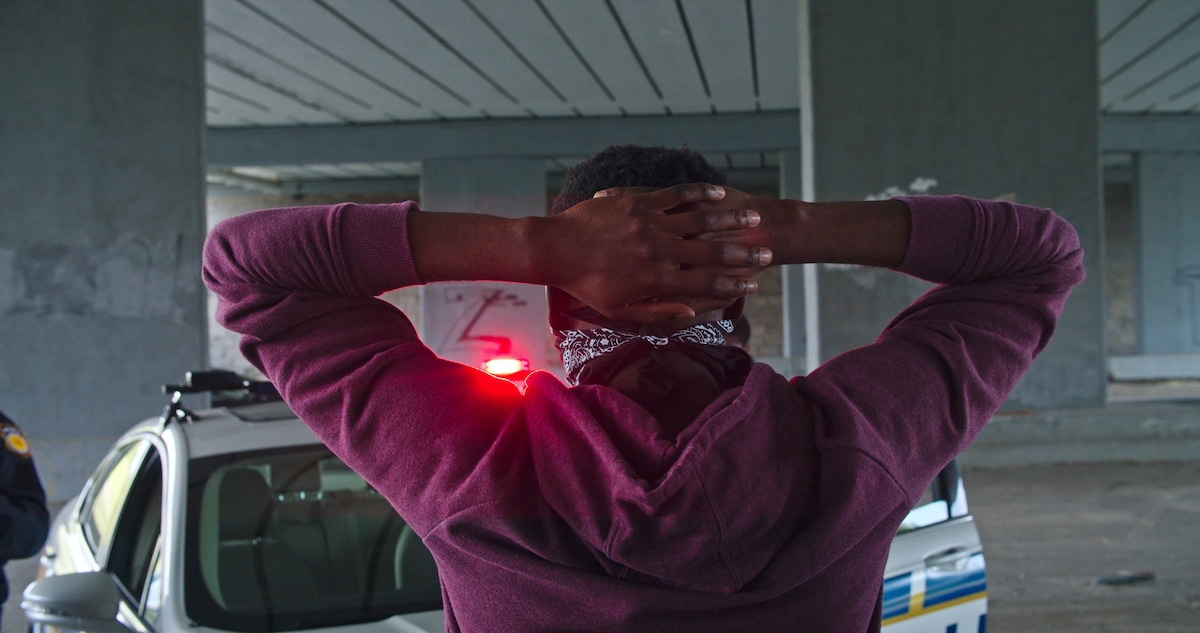Racial profiling has become a contentious issue, stirring debates on whether it’s a necessary security tactic or a blatant discriminatory practice. But at what cost does security come if it undermines fundamental rights?
1. Historical Roots and Persistent Issues
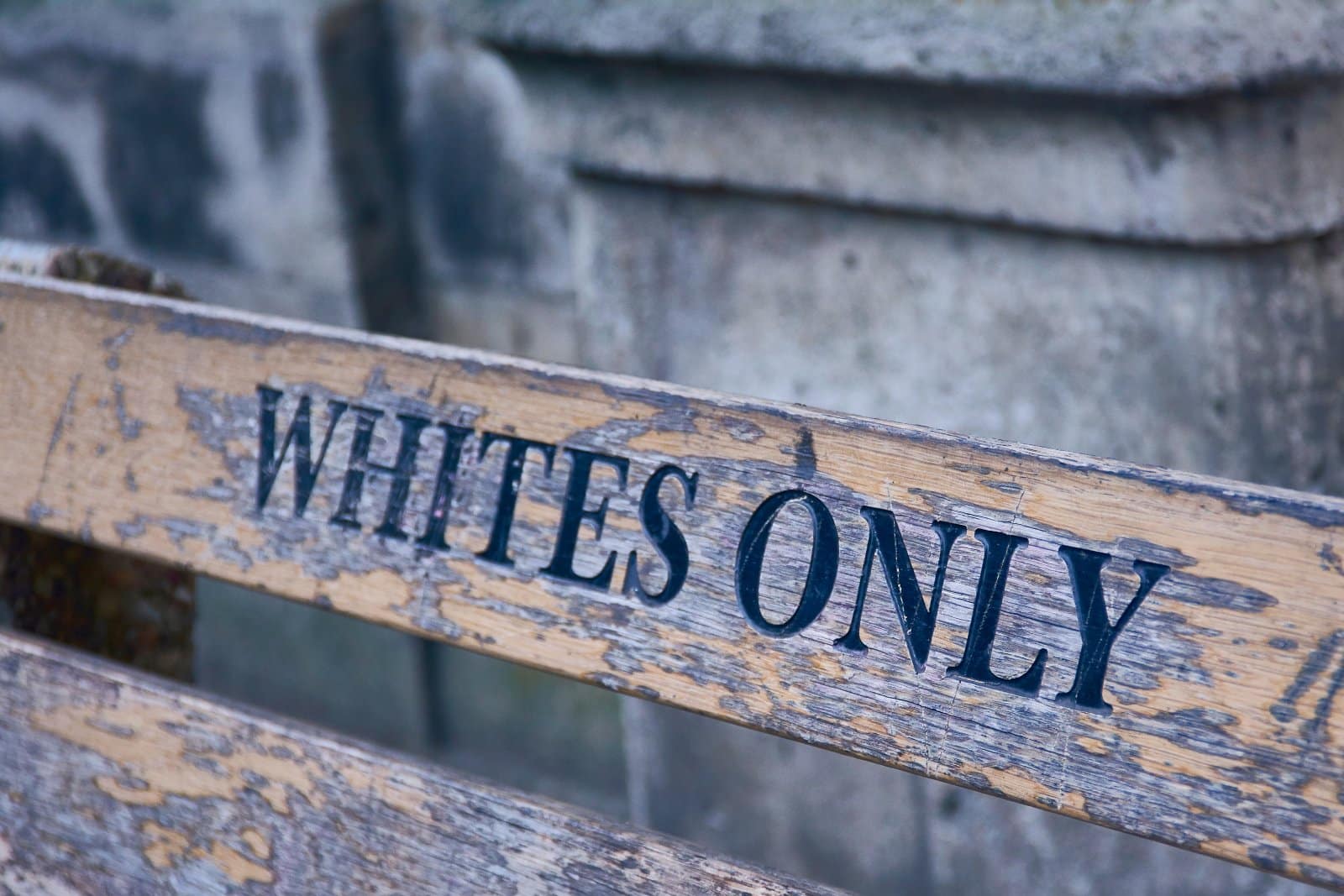
Racial profiling has deep historical roots, often reflecting long-standing prejudices that continue to manifest in modern society. This practice dates back centuries and remains prevalent today, affecting countless lives.
2. Definition and Understanding
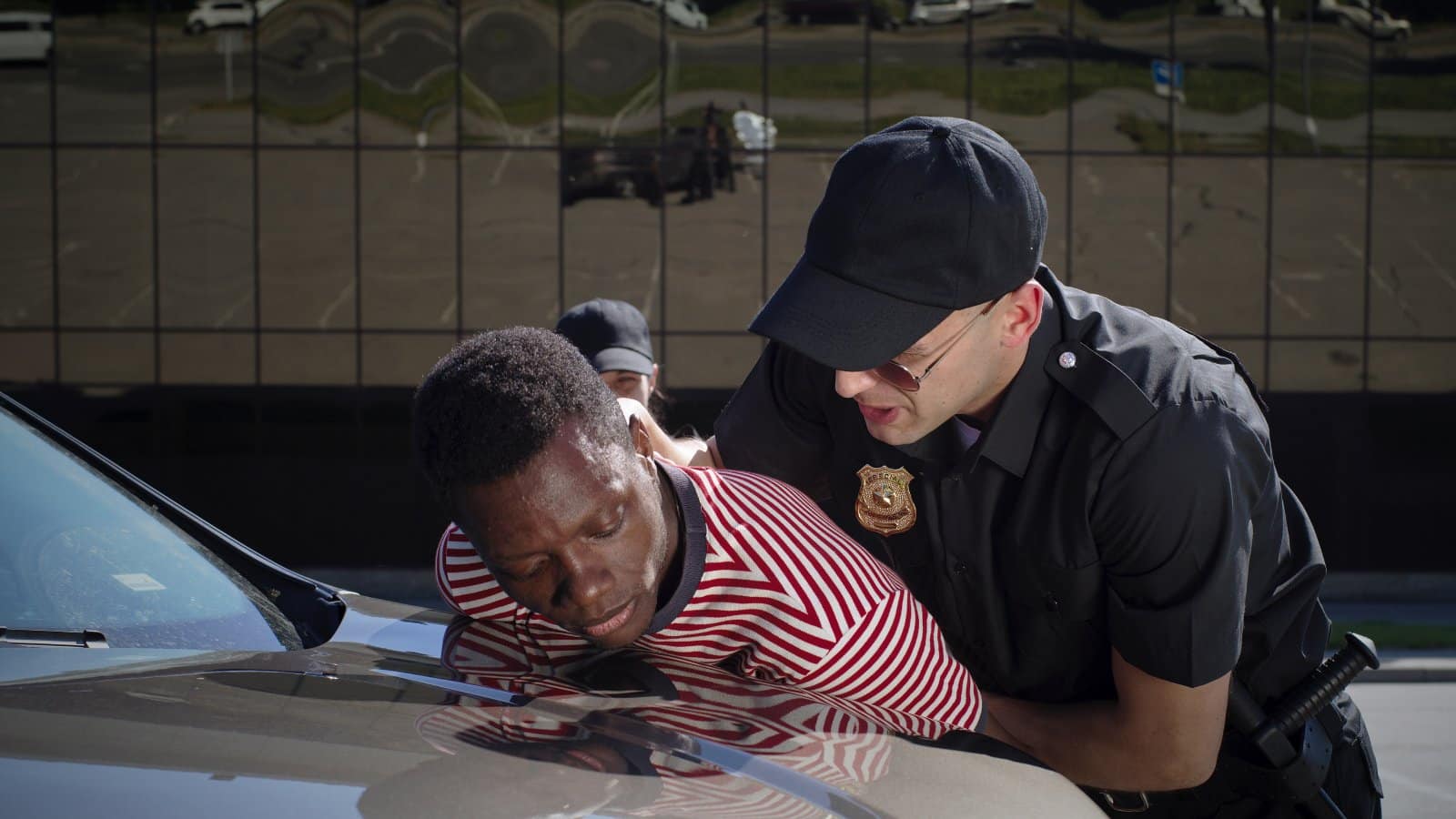
What exactly is racial profiling? It involves law enforcement and other authorities targeting individuals for suspicion of crime based on race, ethnicity, religion, or national origin rather than evidence-based suspicion.
3. The Argument for Security

Proponents argue that racial profiling is a practical tool for ensuring public safety. They claim it’s necessary for preventing terrorism and reducing crime by focusing on demographics deemed a higher risk.
4. Civil Rights Concerns
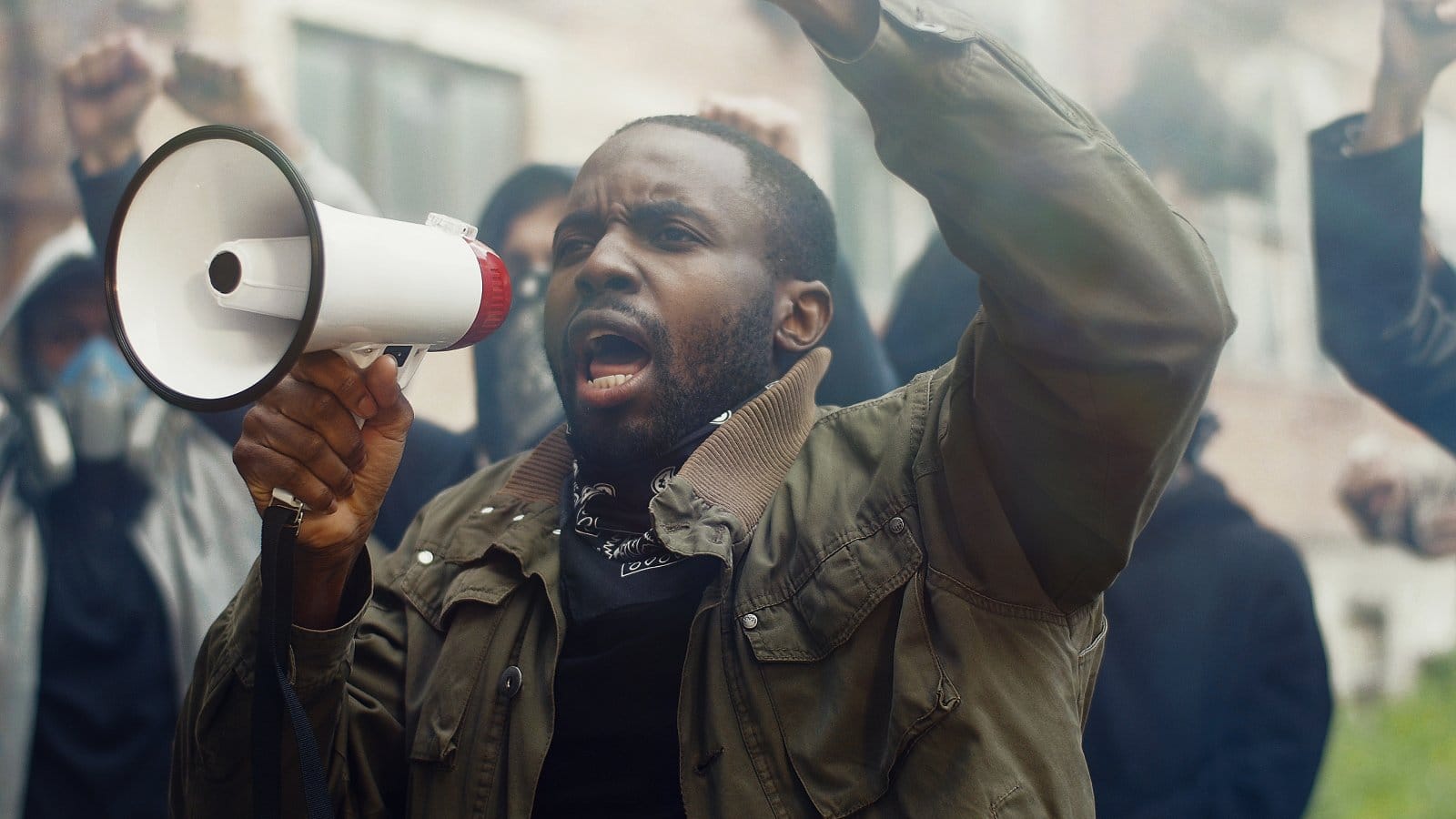
Critics counter that racial profiling violates civil rights and promotes an environment of racism. It disproportionately targets people of color and erodes trust in public institutions.
5. Impact on the Targeted Individuals
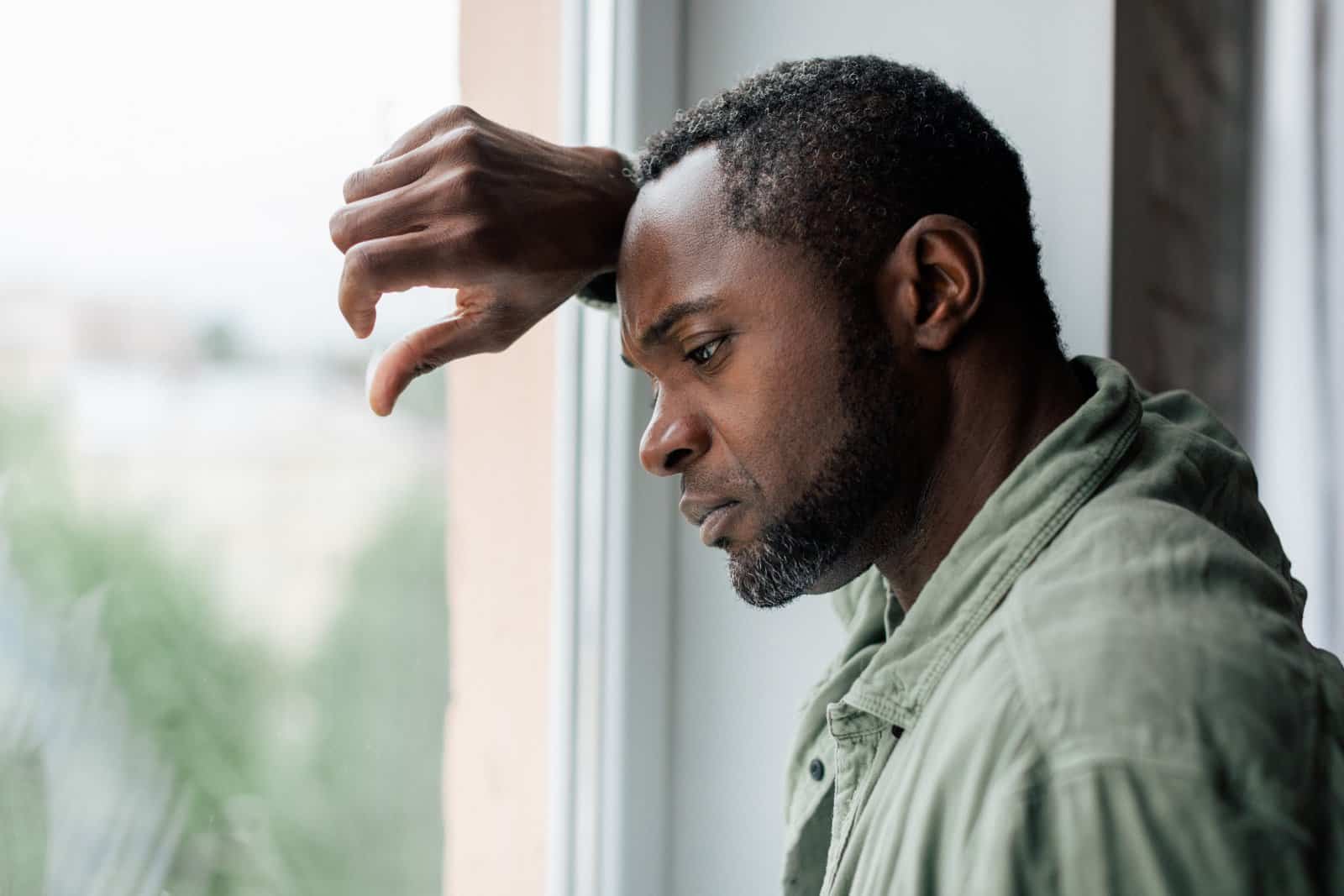
The personal impact on those targeted by racial profiling can be devastating, leading to psychological trauma, social stigma, and a pervasive sense of injustice, which affects their day-to-day lives.
6. Economic Consequences

Racial profiling can have sweeping economic impacts on communities, contributing to a cycle of poverty and limiting access to employment and educational opportunities for targeted groups.
7. Legal Ramifications and Reforms

Legally, racial profiling raises significant constitutional concerns, prompting calls for reforms aimed at protecting civil liberties while maintaining public safety.
8. Case Studies: When Racial Profiling Backfired
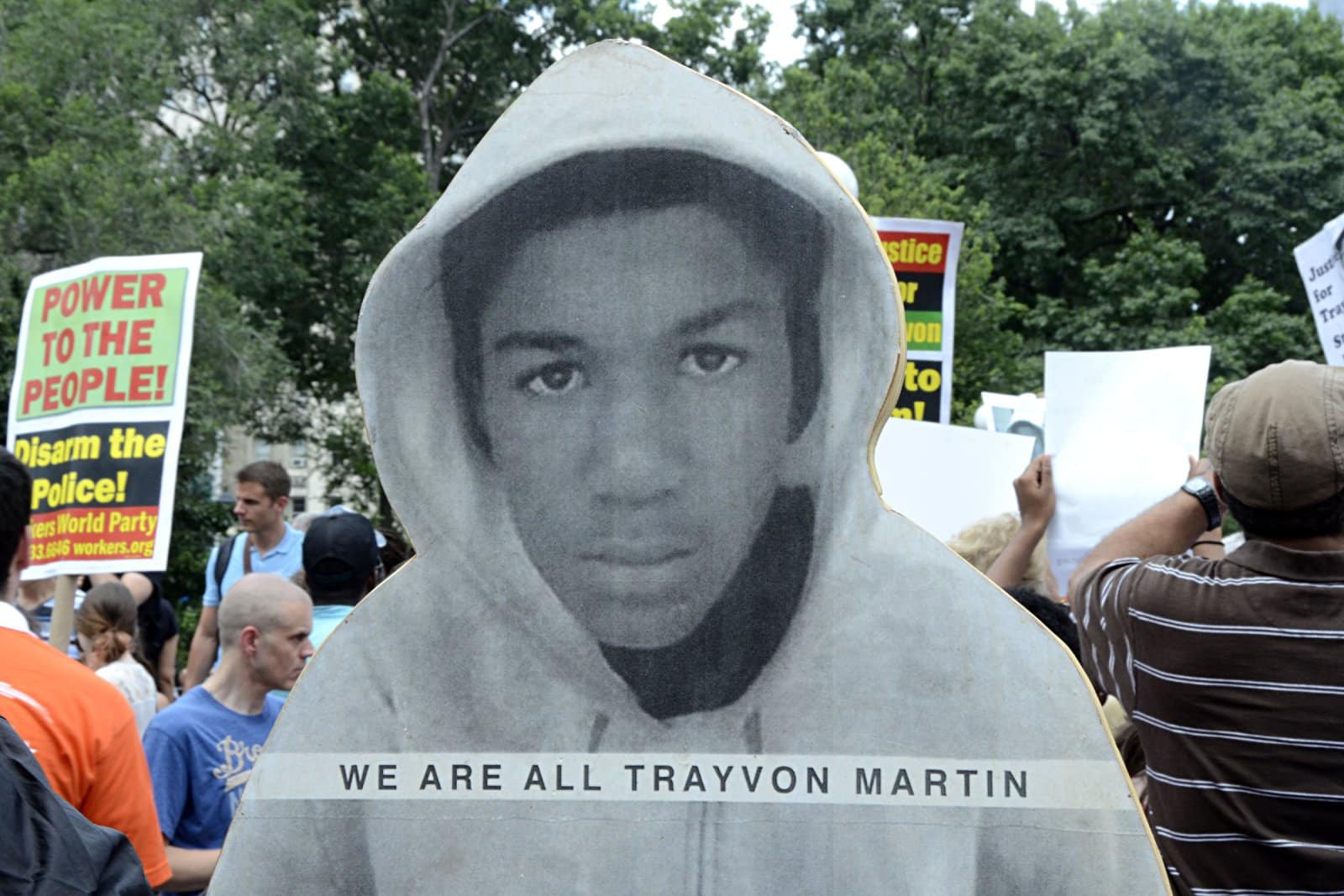
There are numerous documented cases where racial profiling has not only harmed individuals but also hindered law enforcement efforts by wasting resources and alienating communities.
9. The Role of Data and Analytics

In an era of big data, the use of analytics in policing can both contribute to and combat racial profiling. How data is used can either perpetuate bias or help eliminate it.
10. Public Perception and Media Influence

How racial profiling is portrayed in the media can influence public perception significantly, shaping debates and policies regarding its use and effectiveness.
11. Activism and Advocacy
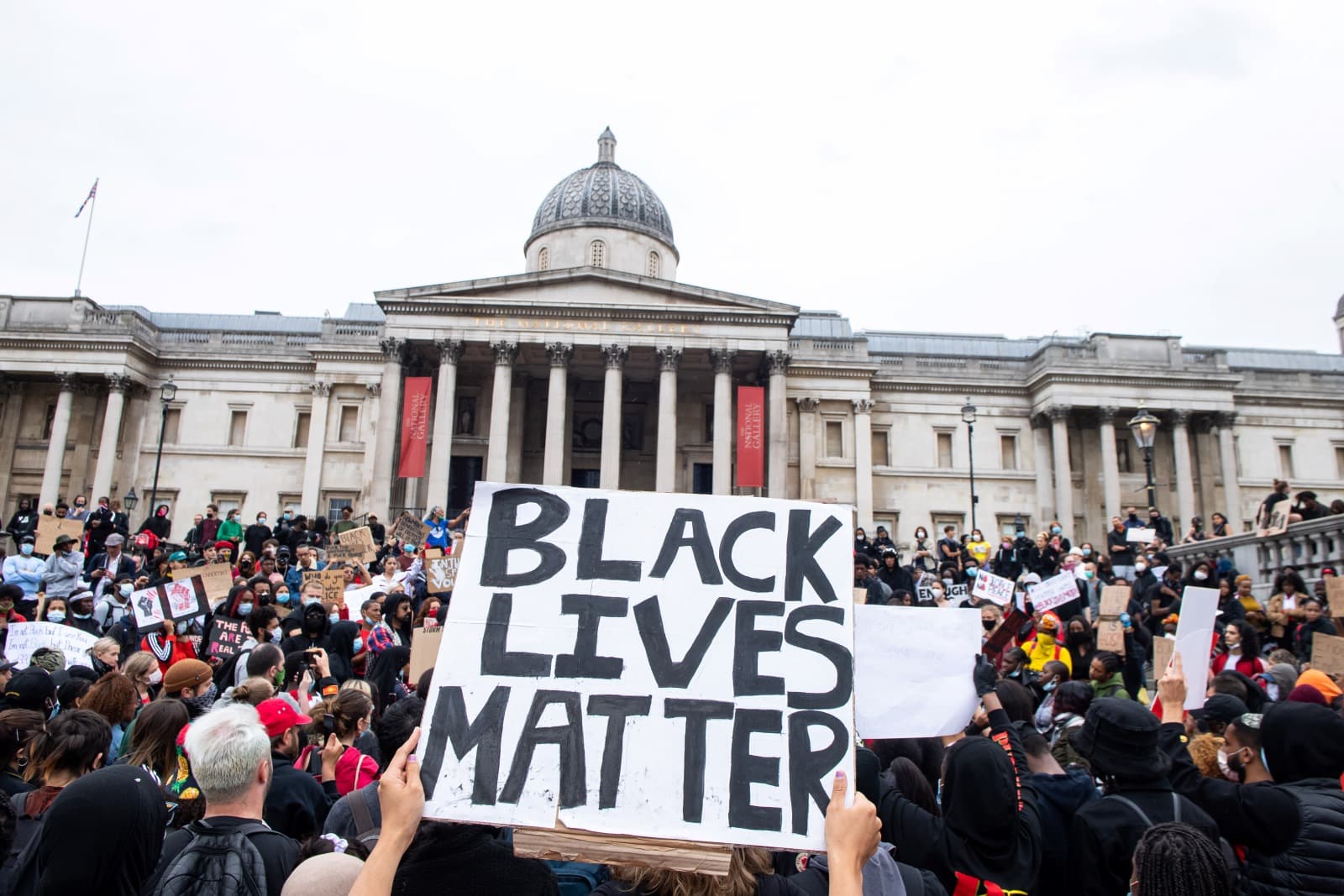
Activist movements and advocacy groups play a crucial role in challenging racial profiling and pushing for policy changes at both the local and national levels.
12. International Perspectives
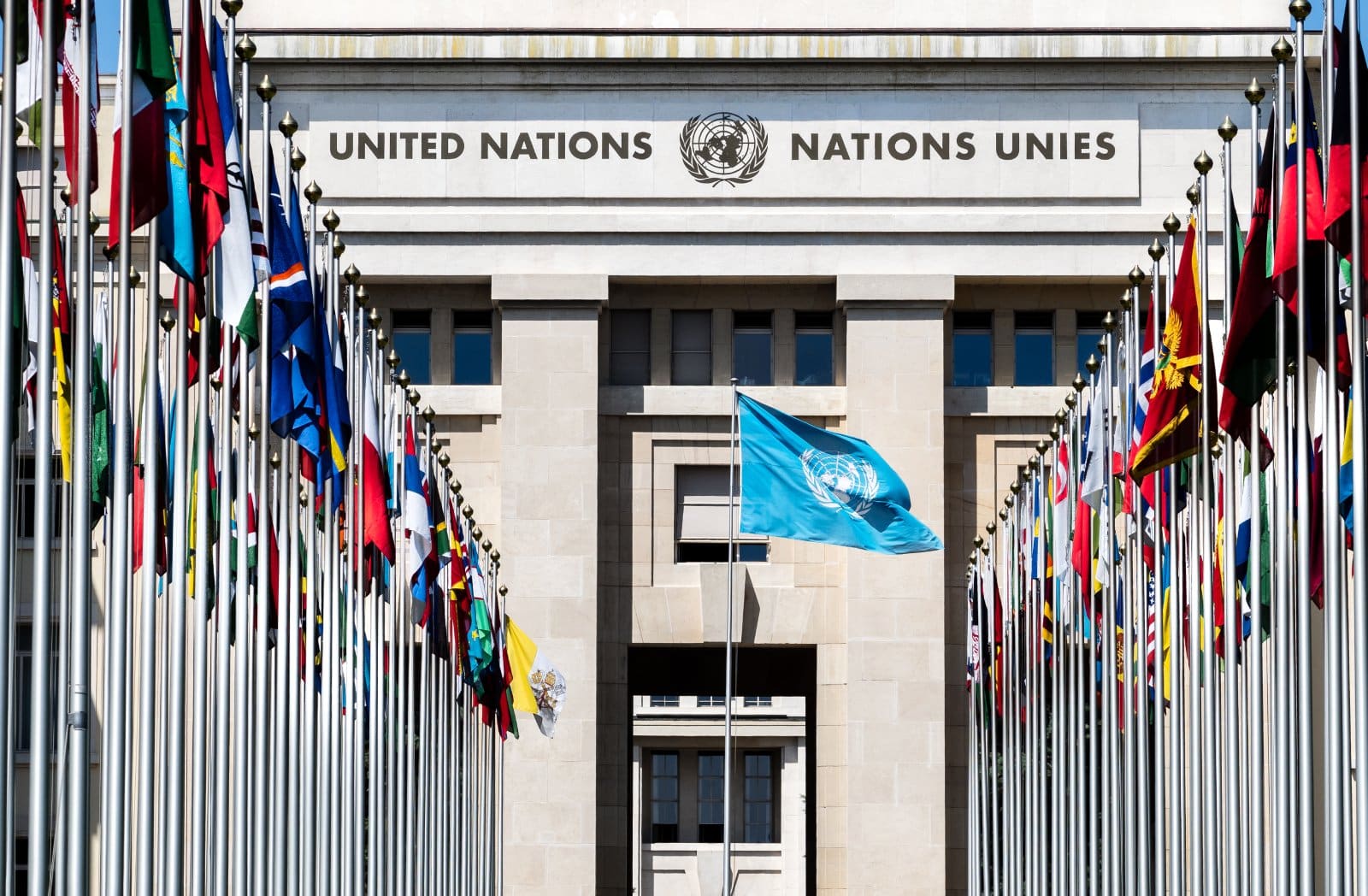
Racial profiling is not just an American issue—it’s a global concern. International perspectives offer insights into different ways of addressing and regulating the practice.
13. Technological Advances and Surveillance

The rise of surveillance technology has the potential to increase instances of racial profiling unless carefully regulated to ensure it’s used equitably.
14. Community Policing Alternatives
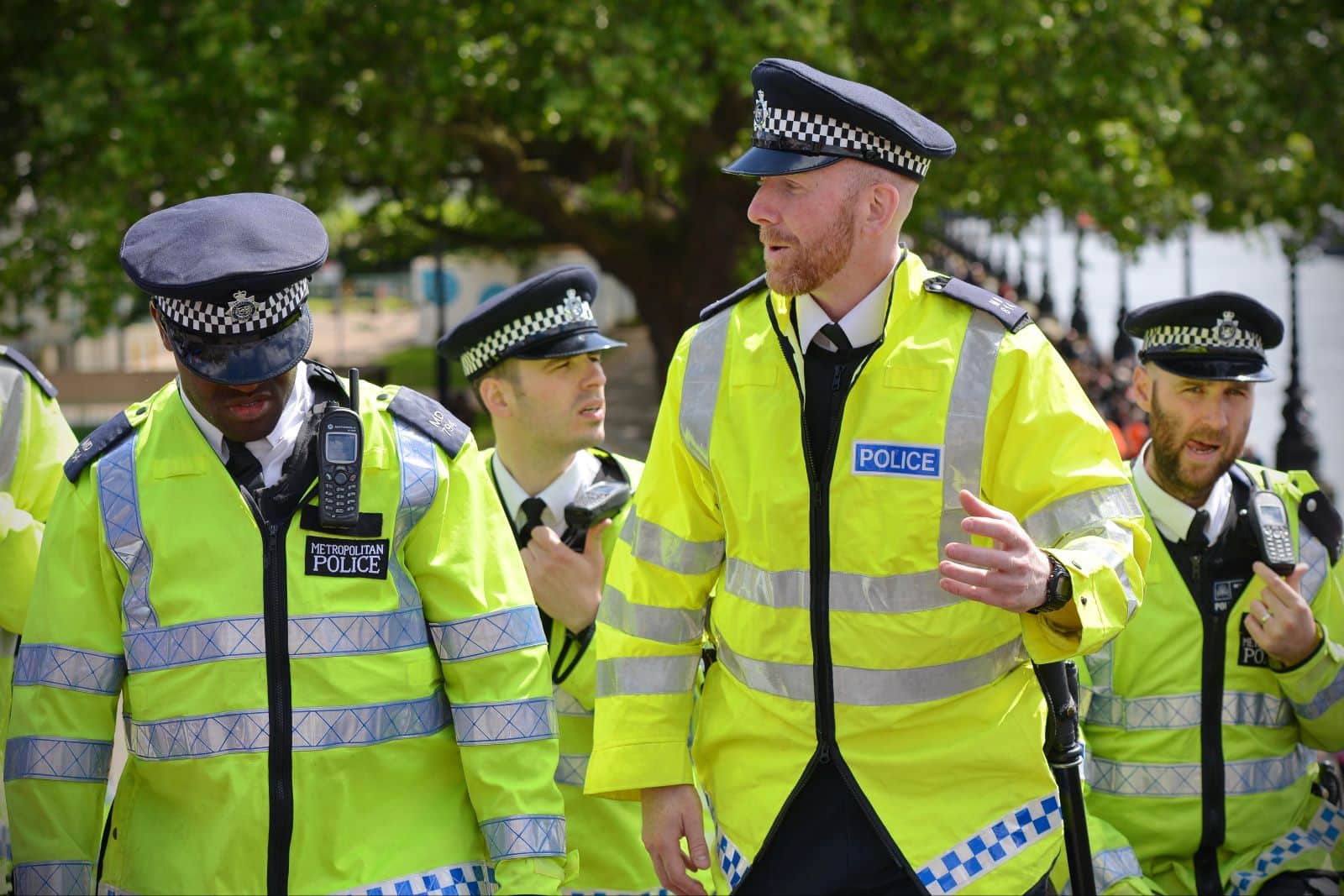
Community policing strategies that engage directly with communities show promise in reducing the need for racial profiling by building trust and understanding between law enforcement and the public.
15. The Impact on Youth and Education

Racial profiling affects youth profoundly, influencing their perceptions of justice and their roles in society. Education systems are pivotal in either perpetuating or challenging these perceptions.
16. Business and Corporate Responsibility

Businesses and corporations have a responsibility and an opportunity to combat racial profiling, promoting diversity and inclusion within their practices and cultures.
17. Psychological and Societal Impact

The broader psychological and societal impacts of racial profiling can lead to a divided society where trust in law enforcement and government is compromised.
18. A Look Ahead: Future Challenges and Solutions

As demographics and societal norms evolve, the challenges and solutions related to racial profiling will require innovative approaches and continuous dialogue to ensure justice and security for all.
A Call for Critical Engagement

The debate over racial profiling calls for a critical engagement from all sides of the political spectrum. Can we afford to sacrifice justice in the name of security, or is it time to redefine our approach to law enforcement?
The post Racism Versus Reality: 18 Reasons Racial Profiling Still Exists in Policing Today first appeared on Pulse of Pride.
Featured Image Credit: Shutterstock / Fractal Pictures.

